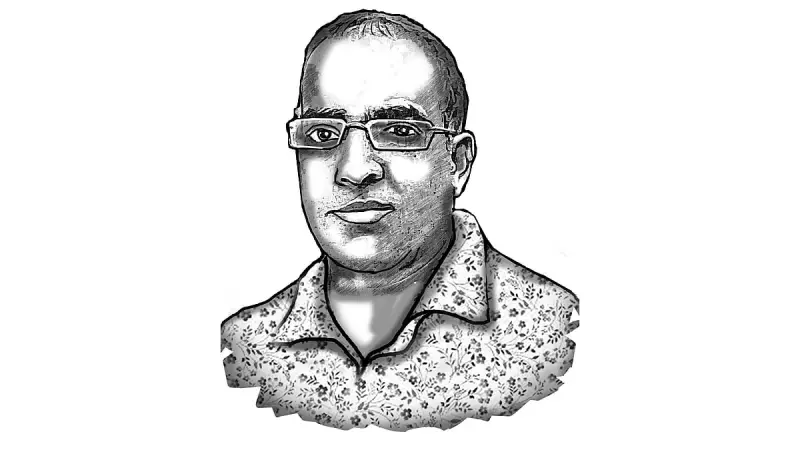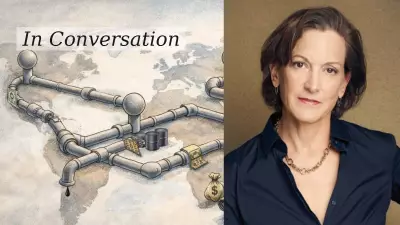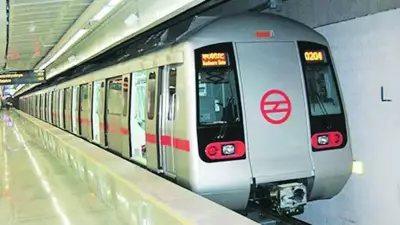
Indian cities are trapped in a relentless cycle of urban distress where public trust has eroded to dangerous levels, according to prominent analyst Ashwin Mahesh. The continuous sequence of civic uproars reflects a deep-seated belief among citizens that every new problem represents another instance of systemic failure and mismanagement.
The Trust Deficit Crisis
There exists a substantial trust deficit that conditions people to instinctively interpret every civic issue as part of an ongoing pattern of loot and maladministration. Ashwin Mahesh, in his recent analysis dated November 22, 2025, highlights how this perceptual framework has become embedded in the urban consciousness.
The immediate assumption among residents is that whatever problem they're witnessing - whether it's water scarcity, garbage management failures, or infrastructure collapse - represents just one more episode in a long series of governance failures. This automatic response mechanism has created a challenging environment for urban administrators and policymakers.
Pattern of Urban Mismanagement
The cycle of urban distress manifests as one uproar following another, with little resolution in between. Citizens have become conditioned to expect poor administration, and this expectation colors their interpretation of every new development. The historical context of urban management in many Indian cities has created this self-reinforcing cycle where distrust breeds more distrust.
Mahesh's analysis suggests that the fundamental issue isn't necessarily the individual problems themselves, but rather the accumulated weight of multiple failures over time. Each new incident triggers memories of previous letdowns, creating a compounded effect that magnifies public reaction beyond what the immediate situation might warrant.
Breaking the Cycle
Addressing this crisis requires more than just solving individual urban problems. The core challenge lies in rebuilding the broken trust between citizens and urban governance systems. Without this fundamental repair, even well-intentioned initiatives risk being viewed with suspicion and skepticism.
The urban distress cycle represents a significant obstacle to sustainable city development in India. As Mahesh indicates, the pattern of one uproar after another prevents the establishment of stable, long-term solutions and keeps cities in a perpetual state of crisis management rather than proactive planning.
Moving forward requires acknowledging this trust deficit as a central urban planning challenge rather than treating it as a secondary concern. The success of future urban initiatives may depend as much on rebuilding public confidence as on the technical merits of the solutions themselves.




